While trading in the unregulated crypto market, you need to store your coins in a safe crypto wallet. Here is the list of the top 8 crypto wallets that you should know.
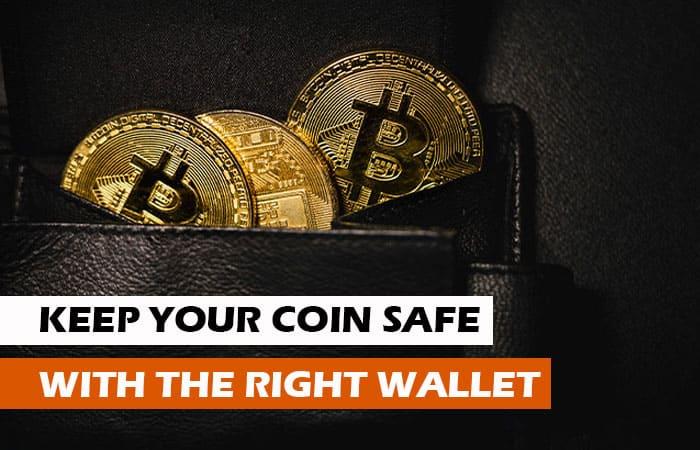
A crypto wallet is a software application storing your crypto coins. Technically speaking, these wallets don't actually "store" or hold your funds like banks do with fiat currency because the coins never actually leave the blockchain.
Instead, they just get transferred from one address to another. Crypto wallets give you a public address to receive coins and securely store your private key to send those coins to another address.
To help you navigate dozens of companies that offer crypto wallets on the market, we have assembled a list of the best crypto wallet providers you should know.
- Coinbase: Provides one of the easiest ways to purchase, sell, transfer, and store your digital currency.
- Exodus: Has a very beginner-friendly user interface and built-in exchange.
- Ledger nano: This wallet keeps your coins safe in an offline device.
- Electrum: Offers excellent privacy features and allows its users to set customary transaction fees.
- Mycelium: Has a more refreshed user interface and has a built-in exchange.
- Trezor: A hardware wallet that lets you store your digital coins offline.
- Binance: An exchange providing one of the top crypto wallets supporting over 150 cryptocurrencies.
- Robinhood: Works as an exchange and wallet so that all transactions can be done in one place.
Remember that you don't always need a wallet to store your coins because some major exchanges allow you to store your crypto in their exchange, just like the way you store your stock in your trading platform or broker. In other words, the exchange also works as the wallet provider for your crypto.
1. Coinbase
Coinbase is arguably the leading crypto exchange as well as crypto wallet provider that provides one of the easiest ways to purchase, sell, transfer, and store your digital currency. You can also use a standalone Coinbase wallet for mobile phones (iOS and Android).
The company is great for almost any type of investor, including beginners. It can make the process of buying and selling crypto as easy and similar to buying and selling stocks through your broker account.
Coinbase can also securely store a wide range of digital currencies in offline storage and currently supports more than 100 countries. You can choose from at least 62 different tradable cryptocurrencies, including Bitcoin, Ethereum, and other popular tokens. You can buy or sell any of these digital currencies and keep track of them in one place.
Furthermore, you can schedule your crypto trading daily, weekly, or monthly, as well as get a $5 in free Bitcoin for signing up with Coinbase. However, watch out for the fees and costs because you will be charged with flat transaction fees and a spread for converting between currencies.
- Fee: Withdrawals above £200 are charged at 1% and 2% for domestic and international transactions respectively
- Safety: 2FA (2 Factor Authentication)
- Supported Assets: Support for hundreds of thousands of tokens and DAPPs.
2. Exodus
Exodus is a software wallet initially made for desktop users, but now it can be accessed from mobile phones as well. It has a very beginner-friendly user interface and an exchange built-in. The simplicity offers a great opportunity for beginners who are just getting into the crypto space.
It also has many supporting tools and features, which are incredibly useful for beginners navigating the seemingly confusing market. In addition, Exodus is in partnership with Trezor, so your asset can be stored safely in an offline hardware wallet.
One of Exodus' most popular features is the ability to swap between cryptocurrencies. The company currently supports no less than 100 different cryptocurrencies, including Bitcoin and a range of different altcoins.
You can also make use of the wallet to exchange one coin for another without having to fill any form of registration. To access your coins, Exodus will give you a private key as well as several other tools to keep your assets secure.
However, although it is great for beginners, more advanced users may find it lacking some features. The fact that Exodus is a closed source wallet also puts some people off; as a closed-source company, Exodus' code is not open for everyone to see. Users should rely on the company to ensure the safety of their wallets, which means higher risk that could lead to security issues.
- Fee: Exodus does not keep any part of the transaction fees
- Safety: Customer Key Autonomy
- Supported Assets: Over 260 crypto assets
3. Ledger Nano
Ledger Nano S and Ledger Nano X are hardware wallets that would keep your coins safe in an offline device. The device is about the size of a USB flash drive, which you can connect to your smartphone, laptop/computer via USB or Bluetooth.
It can store up to 100 different apps on the device. It even has an LED display for payment validation and a PIN to confirm if the device is secure. For extra security, Ledger uses 2-factor authentication.
With built-in Ledger Live software, you can check your balance and send and receive currencies. Ledger offers more than 1,800 cryptocurrencies and even supports coin staking, which could give you rewards based on your balance.
- Fee: Range from around $79 to $149.
- Safety: 2FA
- Supported Assets: More than 1,000
4. Electrum
Electrum is one of the earliest crypto wallets in the industry. It began its operation in 2011, only two years after the release of Bitcoin. It is an open-source wallet with excellent privacy features and allows users to set customary transaction fees.
The company is particularly well-known for its high security compared to other hot wallets. Firstly, users can decide the level of security that they wish to use, let's say, whether they want to use 2-factor authentication or a multi-signature wallet.
In addition, they can integrate with hardware wallets such as KeepKey, Trezon, and Ledger Nano. Not only that, Electrum also enables its users to elongate their seed phrases with custom words.
However, Electrum is more suitable for more experienced users due to its complexity options.
- Fee: Network fee only to send assets, no fee to receive assets
- Safety: Encrypted private keys
- Supported Assets: Only Bitcoin
5. Mycelium
At first glance, Mycelium essentially has similar features to Electrum. Some of the differences being that Mycelium is only available on mobile, has a more refreshed user interface, and has a built-in exchange. It currently only supports Bitcoin, ETH, ERC-20 tokens, and FIO token.
One of the best features in Mycelium is the ability to set custom transaction fees, enabling you to determine how long you are willing to wait for a transaction to complete. Mycelium also offers the ease of using hardware wallets, so users can store their coins in an offline device while still using Mycelium's user interface to see their holdings.
The company provides a safe and easy way to make payments, transfer, and exchange cryptocurrencies. One of the downside would be that it is only accessible via mobile phones and might be a little overwhelming for first-time users.
- Fee: Only Network Fees.
- Safety: 2FA
- Supported Assets: Over 90 supported assets
6. Trezor
Trezor is a hardware wallet that lets you store your digital coins offline. The device has a small screen to manage your secure connection. To use the device, you should plug it in your computer or smartphone via a USB Type-C cable.
Trezor One is the version that supports more than 1,000 cryptocurrencies and includes multi-factor authentication. The newer version, called Trezor Model T supports more coins, has a small touchscreen, and offers a better interface. Just make sure not to lose your Trezor device or recovery information. Otherwise, your coins will be gone for good.
- Fee: Costs around $70 for the cheapest model.
- Safety: 2FA
- Supported Assets: More than 250 cryptocurrencies
7. Binance
Binance is an exchange that also provides one of the top crypto wallets supporting more than 150 cryptocurrencies. It also offers an API that lets you integrate with your current trading applications.
With over 1.2 billion average daily trading volumes and more than 1,400,000 transactions daily, Binance is known as one of the safest wallets providing 24/7 support. The platform itself can be accessed via Web, iOS, Android, and PC.
- Fee: No extra fee
- Safety: Using 2FA
- Supported Assets: More than 1 Million
8. Robinhood
Robinhood essentially started as a free stock trading platform but later expanded its wings to Bitcoin and other cryptocurrencies. The company works both as an exchange and wallet so that all transactions can be done in one place. However, you can't separate the two functions, so you can't withdraw or transfer coins using other wallets.
Robinhood offers various features that would help you manage your crypto portfolio. Another great thing is that it is free to use with no commission for buying or selling Bitcoin.
The main thing that separates digital currency from traditional fiat currency is that it is decentralized, meaning no central authority regulates the market. And for that reason, you may want to take extra precautions when choosing where to store your coins best and protect them from scammers and thieves.
- Fee: None
- Safety: Allows Face/Touch ID or a custom PIN
- Supported Assets: Ethereum, Polygon (more coming soon).
For better understanding of each wallet, here is a comparison table for those wallet above.
| Wallet | Fee | Safety | Supported Assets |
| Coinbase | Withdrawals above £200 are charged at 1% and 2% | 2FA | Hundreds of thousands of assets |
| Exodus | No Transaction Fees | Customer Key Autonomy | Over 260 crypto assets |
| Ledger Nano | Range from around $79 to $149 | 2FA | More than 1,000 |
| Electrum | Network fee only to send assets, no fee to receive assets | Encrypted private keys | Only Bitcoin |
| Mycelium | Only Network Fees | 2FA | Over 90 supported assets |
| Trezor | Cost around $70 for the cheapest model. | 2FA | More than 250 cryptocurrencies |
| Binance | No extra fee | 2FA | More than 1 Million |
| Robinhood | No fees | Allows Face/Touch ID or a custom PIN | Ethereum, Polygon (more coming soon). |
Consider These Factors
There are several factors to consider when choosing the best crypto wallet:
- Fees: Crypto wallets often involve fees for processing transactions on the blockchain network. These fees can vary depending on network congestion, transaction size, and the chosen cryptocurrency. High transaction fees can significantly impact the cost-effectiveness of using a particular wallet.
- Safety: Ensuring the security of your wallet app is crucial in case your device ends up in unauthorized hands. Therefore, your wallet must be designed to have a primary layer of protection, requiring you to unlock it each time you intend to utilize its features. One of the common methods is through the use of 2FA.
- Supported Assets: Different crypto wallets support various cryptocurrencies. It is important to ensure the wallet supports the specific cryptocurrencies the traders plan to store or transact with. Not all wallets support all coins, so checking the supported instruments ensures that you can manage your desired digital assets effectively.
After Words
When it comes to security, typically, crypto exchanges are secure enough for an average trader, especially if it's a well-known company. Still, if you want to get extra safe, using a wallet that is not owned or managed by any third party would be best.
That means you are the only one with the private key to access your wallet. A hardware wallet can give you extra security measures as it has a randomly generated pin code to keep the device safe.
But apart from safety matters, choose the best crypto wallet based on your expertise, needs, and goals. It's up to you to decide on the right mix of security and convenience so that the wallet will match your style well.

 Dedicated FREE FOREX VPS
Dedicated FREE FOREX VPS Free FOREX Virtual Private Server
Free FOREX Virtual Private Server MT4 Demo Contest, Get $500
MT4 Demo Contest, Get $500 Sign Up for an Account, Claim 60% Deposit Bonus
Sign Up for an Account, Claim 60% Deposit Bonus Free MT4/MT5 VPS 2024
Free MT4/MT5 VPS 2024 Send E-mail and Get Free Merchandise
Send E-mail and Get Free Merchandise $1K Refer a Friend Bonus for Pepperstone Pro clients
$1K Refer a Friend Bonus for Pepperstone Pro clients Maximize Your Earnings with 100% Deposit bonus
Maximize Your Earnings with 100% Deposit bonus Trade to Win, $5,000 Monthly Demo Contest
Trade to Win, $5,000 Monthly Demo Contest Claim 30% + 15% Deposit Bonus from LiteFinance
Claim 30% + 15% Deposit Bonus from LiteFinance
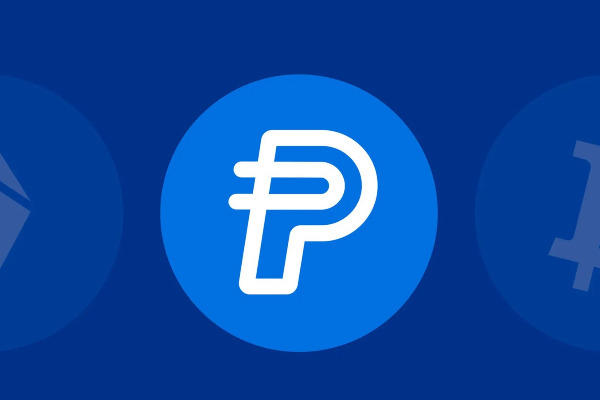
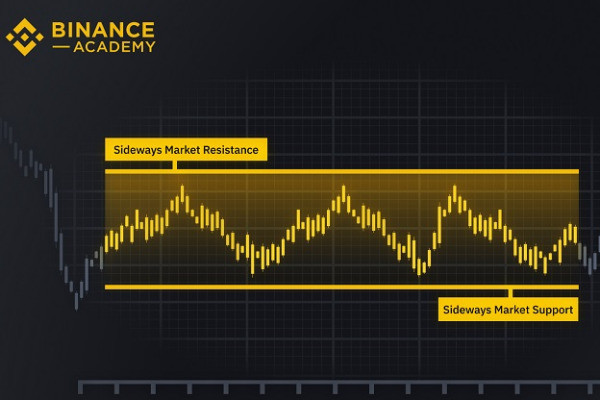
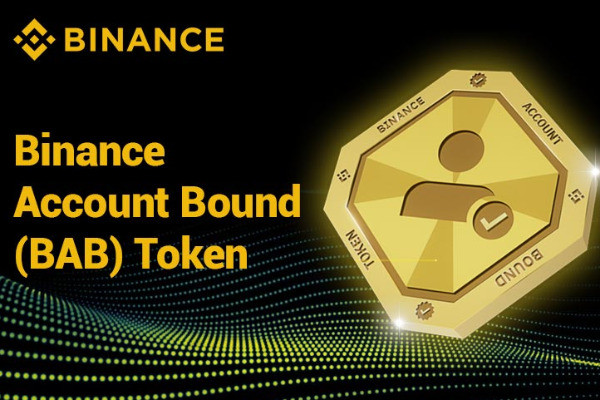

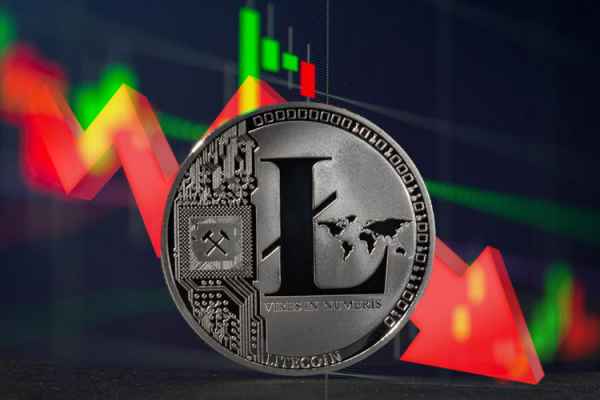

 Bitcoin
Bitcoin Ethereum
Ethereum Tether
Tether BNB
BNB Solana
Solana USDC
USDC XRP
XRP Dogecoin
Dogecoin Toncoin
Toncoin Cardano
Cardano